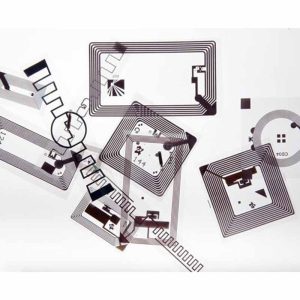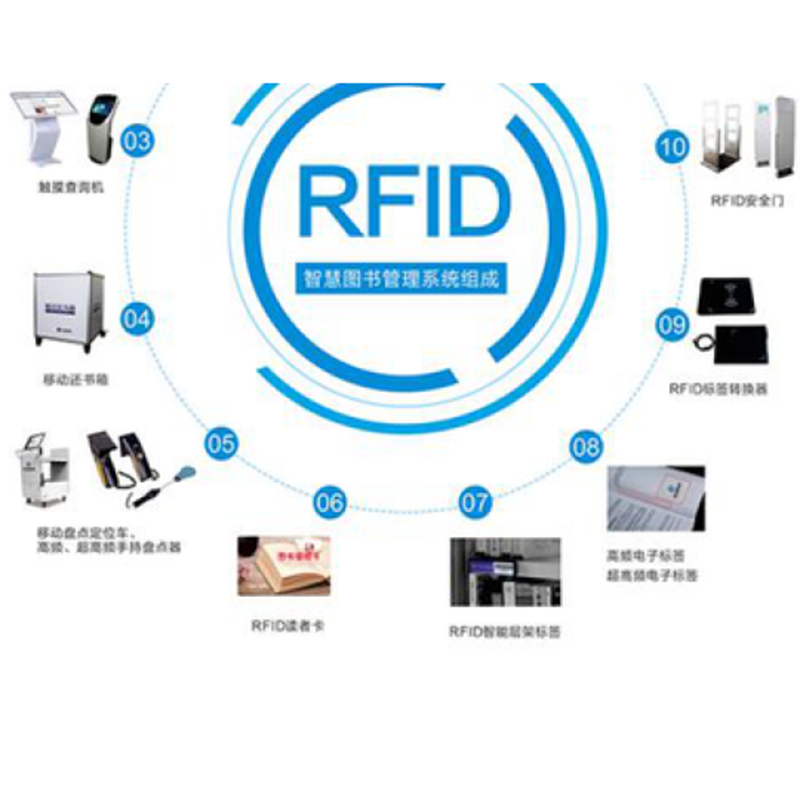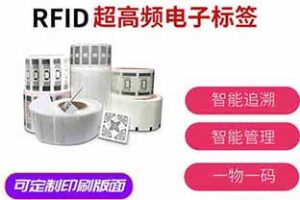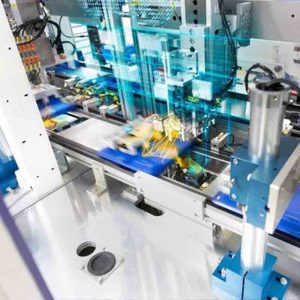RFID technology application, RFID traceability system for photovoltaic module production based on RFID technology
Energy, as an extremely important resource, is particularly crucial in today’s era of decreasing renewable resources. Solar energy, as a safe, low-cost, clean, and pollution-free green energy, is particularly important in this context. With the continuous development of various solar products, such as thousands of solar modules obtaining solar energy and converting it into energy, how to effectively maintain these solar modules becomes a headache when such a large number of solar modules are combined to work together. However, with the development of Internet of Things technology, managing solar modules through RFID technology has become simple and efficient.
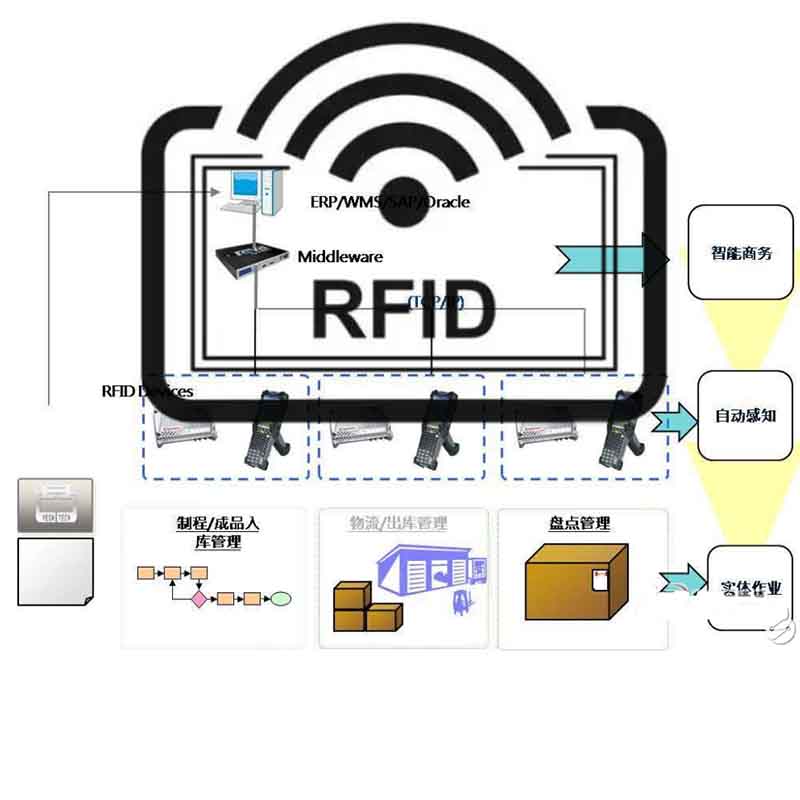
RFID technology application is one of the earliest domestic manufacturers to implement RFID solar photovoltaic module management. In order to meet the demand of photovoltaic enterprises to enter overseas markets, they have developed an RFID photovoltaic module production traceability system. Since 2010, RFID technology has established cooperative relationships with multiple large domestic photovoltaic enterprises (such as Atlas, Shenzhou New Energy, Sailafu, Nanbo, Huilun Solar, LDK, etc.), customized and developed systems that meet different data formats, and achieved traceability of millions of components, ensuring stable operation of the entire project.
The RFID photovoltaic module production traceability system is a set of RFID systems specifically designed for managing solar modules. The system installs RFID tags for each solar module, which have a globally unique ID identifier. When the RFID reader equipped with the RFID solar module traceability system software approaches the RFID tag, the reader can easily obtain various information about the solar module, such as tag number, I-V curve, manufacturer information, production time, reading and writing time, shelf life, etc., thus achieving easy management of each solar module. The RFID tag has a large memory capacity, which can store the production information of the photovoltaic module, including the time and machine number of each manufacturing process, making it convenient for later data tracking. These data can be stored for a long time and cannot be forged or tampered with.
The RFID photovoltaic module production traceability system has many advantages:
1. It can complete the writing and verification of photovoltaic module data in a few seconds;
2. Support real-time data writing and verification operations on the production site;
3. Can meet the requirements for writing and verifying RFID tag data for completed components in production;
4. The IV curve can be automatically generated using point tracing technology;
5. Support users to randomly check the accuracy of component data writing;
6. RFID tag data storage can ensure no loss for more than 10 years;
7. RFID tags are maintenance free, easy to install, and can be repeatedly erased.
In terms of hardware, the data reading and writing of RFID tags are very stable, and they can maintain stable operation even when used outdoors for a long time. The tag data can be saved for more than 10 years and supports 100000 repeated erasures. In terms of software, through RFID handheld operation, it is possible to display component information on the RFID handheld interface, view product information and I-V curves. The operation is simple, and offline mode can be used to import data when writing. Product data can be verified and written, and card reading and writing can be operated separately, making it simple and easy to use. The system web side supports batch operations such as accounts, user groups, parameters, databases, and logs simultaneously.

RFID technology application has developed two versions of data writing and reading, offline and online, according to the different needs of photovoltaic enterprises, supporting both high-frequency and ultra-high frequency bands. Four different solutions have been designed, and multiple system software upgrades have been carried out. Equipped with PC and APP, the system has good stability and fast data writing and verification speed. After completing the data writing and verification, the RFID handheld device can quickly read the data in each component label and view the I-V curve. These measures provide photovoltaic enterprises with a more convenient and efficient production traceability system, which helps to improve production efficiency and product quality.
We have strong research and development capabilities and are a trusted manufacturer. Welcome to call or sales@molddl.com For consultation, our company supports small batch customization, packaging design, and free samples for OEM processing. Please contact us! This article is included in Baidu Wenku

